The selling of bottled water can be dated back to 1622 at the Holy Well in Malvern, United Kingdom, which sold bottles of Malvern spring water. In the last 30 years, consumption of bottled water has increased dramatically and the average American now consumes 30 gallons of bottled water every year. But is bottled water actually better, safer, and worth the extra cost?
5. It’s Stupidly Expensive
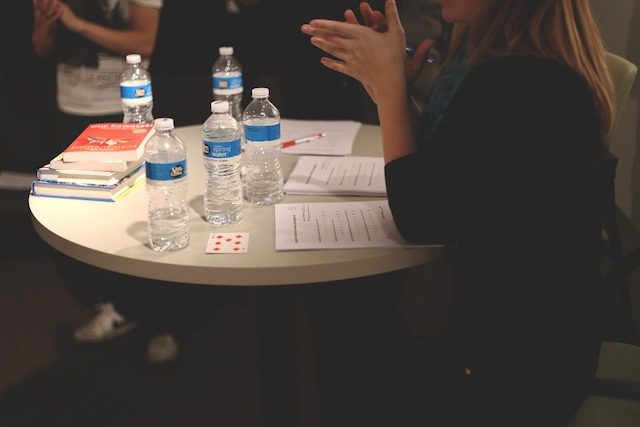
As we’ll see in this list, bottled water is a big waste. One of the biggest things it wastes is people’s hard earned money.
According to a 2012 study from the University of Michigan, on average, bottled water costs $1.22 per gallon, which is 300 times more expensive than tap water. However, they point out that 2/3 of all bottles of water that are sold come in 16.9 ounce bottles, meaning that the water is actually $7.50 per gallon; that’s twice as much as gasoline.
In 2015, companies that distribute bottled water made $15 billion. That’s a whole lot of money spent on something that is so readily and easily available. If that wasn’t crazy enough, bottled water sales have gone up since then, and in 2016, for the first time ever, more gallons of bottled water were sold than soft drinks.
4. Nearly Half of Bottled Water is Tap Water
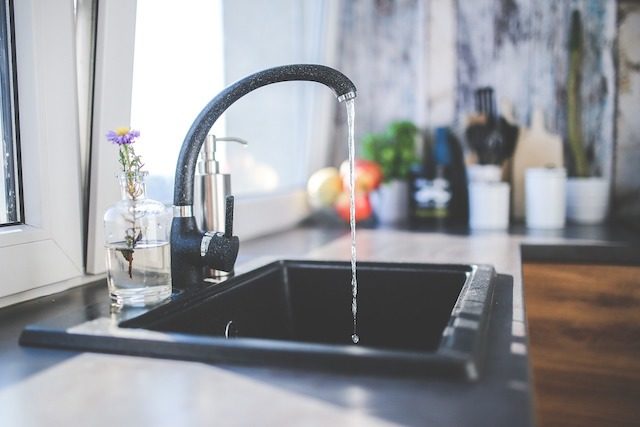
Have you ever thought about where the water in the bottle comes from? The origin of the water isn’t often listed in the ingredients, but sometimes the labels will say it’s “spring water,” “glacier water,” or “mountain water.” The problem is that the use of these words aren’t regulated so the water in the bottle doesn’t necessarily come from those sources.
In the book Bottled and Sold: The Story Behind Our Obsession with Bottled Water author Peter Gleick says that several studies show that about 45 percent of all bottled water comes from municipal sources. This includes PepsiCo’s Aquafina and Coke’s Dasani.
Sometimes, taking water for bottled water from municipal sources can be a problem. For example, just outside of Guelph, Ontario, Nestle has a bottling plant and during a drought, they continued to draw water, putting the 130,000 citizens at risk of not having enough water.
3. Tastes as Good or Better… Maybe?
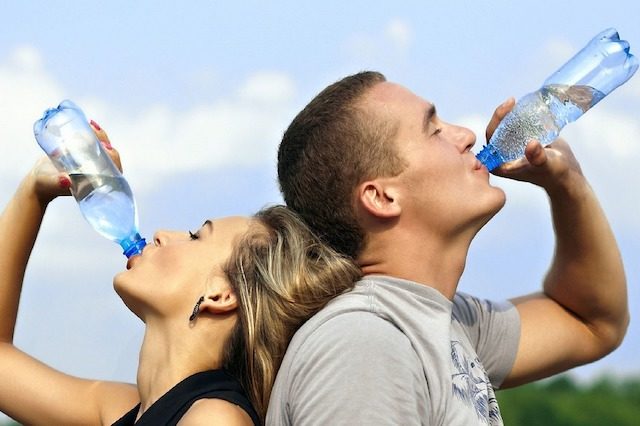
According to some people, they like bottled water because it tastes better than tap water. While it may be possible that some people can taste the difference, a majority of people can’t. Studies from the United States, Switzerland, Ireland, and France have found that only about one-third of people can tell the difference between tap water and bottled water. And this does makes some sense. There are differences between tap water and bottled water because different brands of bottled water contain varying levels of minerals like calcium and sodium, and water from different sources have different tastes.
While some people can tell the difference between bottled water and tap water, when it comes to taste, a majority of people think tap water tastes better than bottled water. In a few different studies, the number of people who preferred plain old tap water to bottled water can range from about 45 to 75 percent.
2. It’s No Safer Than Tap Water
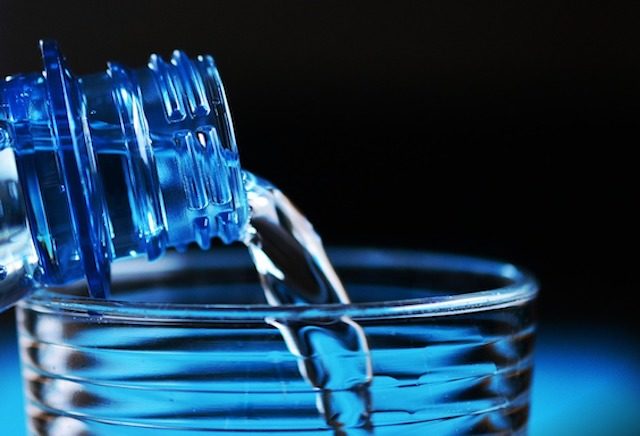
One reason people choose bottled water over tap water is because they think it’s safer. In fact, the water crisis in Flint is one of the reasons why sales of bottled water have increased. The problem is that several studies have shown that bottled water isn’t any safer than tap water.
Usually when it comes to water in homes, there are two problems. First, the water comes from a well and the well can become contaminated. The second problem is usually caused by lead pipes in the home. Otherwise, all public water should be safe because of strict regulations and stringent testing by the Environmental Protection Agency and the Federal Drug Administration.
However, obviously it’s not a perfect system and Flint is an example of how the system failed. But bottling water doesn’t exactly solve the problem of water safety because bottling adds several unnecessary steps. Water that’s already clean goes into a factory, some ingredients are added, it goes through some filters, and machines put it into bottles. The problem is that whenever you add steps, it increases the chances that something could go wrong, like the water could be contaminated with E. coli. Amazingly, the FDA only started screening bottled water for E. coli. in 2013.
While another Flint-like water crisis is quite possible in the future, if investment in infrastructure is made, then tap water will continue to be a safe and relatively cheap resource.
1. It’s Killing the Environment
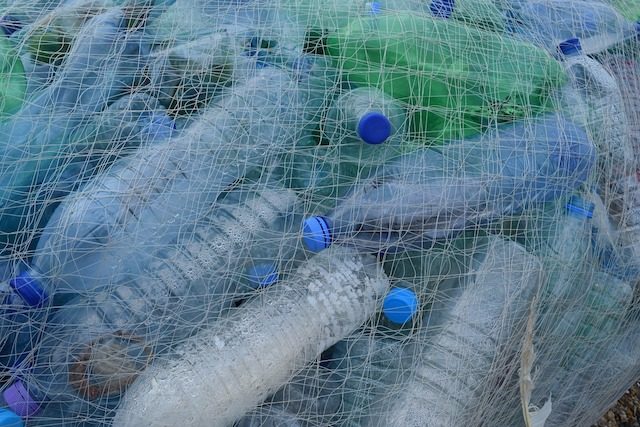
We started off this list talking about how wasteful bottled water is, and its wastefulness is no more apparent than when it comes to the environmental effects. In order to bottle water, companies use 17 million barrels of oil every year. That is just to manufacture the bottles and bottle the water, not the transportation to get it to retailers. Not only that, but the process also uses 1.39 liters to bottle 1 liter of water, which is just mind-numbingly wasteful.
Finally, in 2016, 12.8 billion gallons of water were put into bottles that aren’t biodegradable and unfortunately, only 12 percent of the bottles are recycled. So these bottles are going to sit around for the next 450 years or so until they fully decompose. That pretty much leaves us with two choices: limit the amount of water bottles we drink, or start building those big space crafts like the ones in WALL-E because we’re gonna need them.
Robert Grimminck is a Canadian freelance writer. You can friend him on Facebook, follow him on Twitter, follow him on Pinterest or visit his website, or his true crime YouTube channel.
3 Comments
Penn and Teller Bullshit clip on Bottled Water – Cool Experiment!
https://www.youtube.com/watch?v=YFKT4jvN4OE
nice article thanks